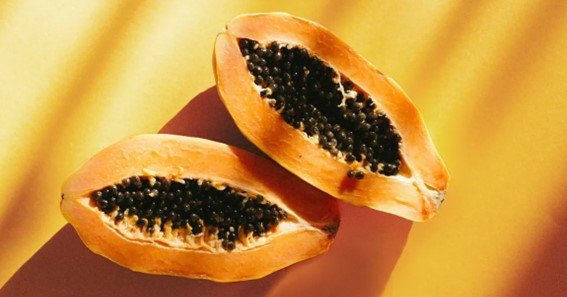Anal fissures, small tears in the lining of the anus, can cause significant pain and discomfort, especially during bowel movements. Proper dietary choices play a crucial role in healing and preventing further irritation. If you’re looking for good food for fissure patients, this guide highlights foods that ease symptoms and promote healing.
Good Food for Fissure Patients: What to Eat
The best diet for fissure patients focuses on high-fiber foods, hydration, and nutrient-rich options that ensure smooth bowel movements. Below are some examples of good food for fissure patients:
1. Whole Grains
Incorporate whole grains such as oats, brown rice, quinoa, and whole wheat bread into your meals.
- Why It Helps: These are rich in fiber, helping to soften stools and reduce strain during bowel movements.
2. Fresh Fruits
Fruits like apples, pears, papaya, bananas, and berries provide essential fiber.
- Pro Tip: Consume fruits with their skins when possible for added fiber.
3. Leafy Greens and Vegetables
Vegetables such as spinach, kale, broccoli, carrots, and zucchini are excellent additions to your diet.
- Why It Helps: They contain high levels of fiber and water content, making digestion easier.
4. Legumes
Beans, lentils, and chickpeas are excellent sources of dietary fiber.
- Pro Tip: Add them to soups, salads, or stews for a fiber boost.
5. Nuts and Seeds
Flaxseeds, chia seeds, and almonds are beneficial for maintaining digestive health.
- Why It Helps: Their combination of fiber and healthy fats supports regular bowel movements.
6. Yogurt and Probiotic Foods
Probiotics like yogurt, kefir, and fermented foods improve gut health.
- Why It Helps: A healthy gut reduces inflammation and promotes healing.
Foods to Avoid for Fissure Patients
While focusing on good food for fissure patients, it’s equally important to avoid certain foods that can worsen symptoms:
- Low-Fiber Foods: White bread, pasta, and other refined grains.
- Spicy Foods: They can irritate the digestive tract and worsen pain.
- Fried and Fatty Foods: Difficult to digest and can slow bowel movements.
- Caffeine and Alcohol: Dehydrating and may lead to harder stools.
Lifestyle Tips for Fissure Patients
- Stay Hydrated: Drink at least 8-10 glasses of water daily to help soften stools.
- Eat Small, Frequent Meals: This helps maintain consistent digestion throughout the day.
- Engage in Physical Activity: Regular exercise promotes healthy bowel movements and circulation.
- Use Stool Softeners (if Needed): In cases of severe constipation, stool softeners can prevent strain.
FAQ
1. What is the best diet for fissure patients?
A diet rich in fiber, including whole grains, fruits, vegetables, and legumes, is ideal for fissure patients.
2. Can drinking water help with fissures?
Yes, staying hydrated softens stools, making bowel movements less painful and reducing the risk of further tearing.
3. Are spicy foods bad for fissures?
Yes, spicy foods can irritate the digestive system and exacerbate pain or discomfort.
4. How does fiber help in fissure healing?
Fiber adds bulk and softness to stools, making them easier to pass and reducing strain on the fissure.
5. Is yogurt good for fissure patients?
Yes, yogurt and other probiotic-rich foods improve gut health and reduce inflammation, aiding in faster healing.










